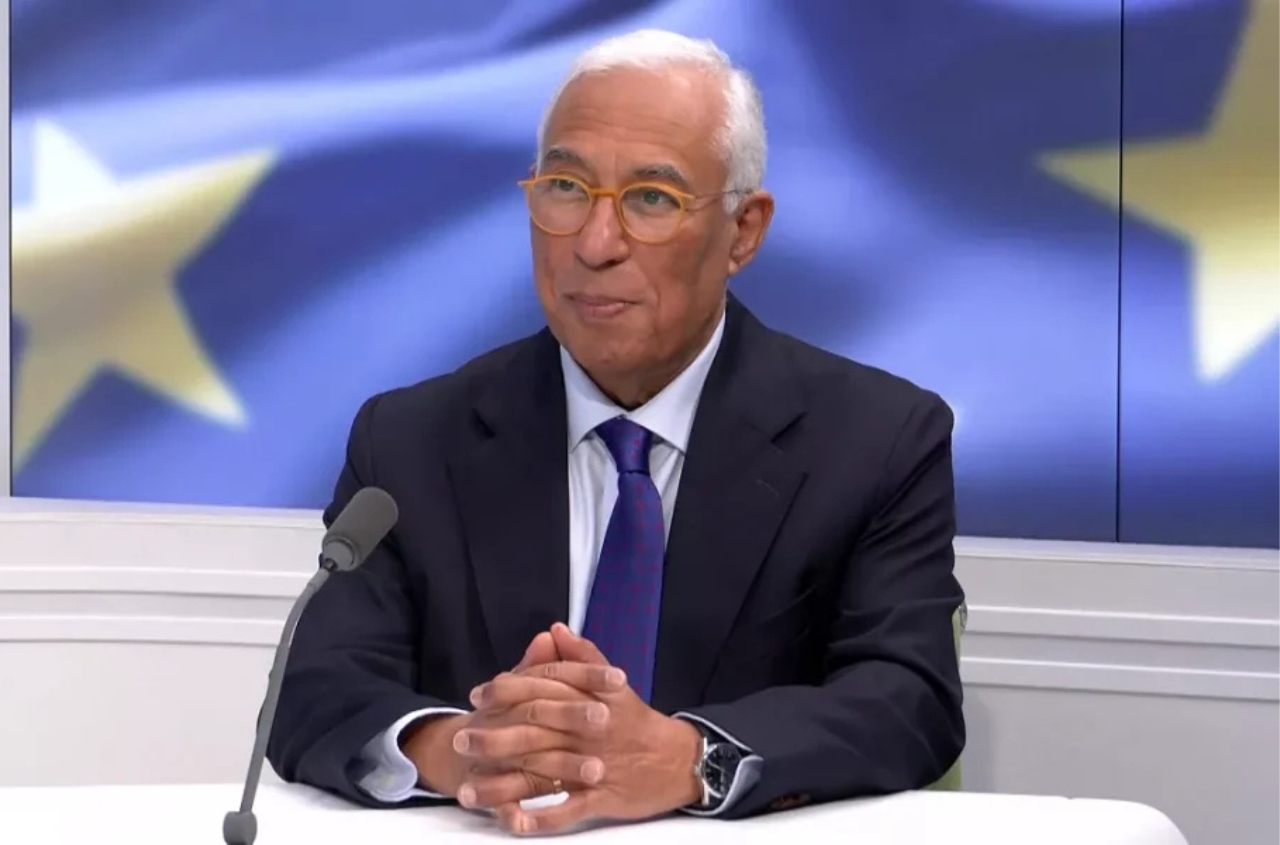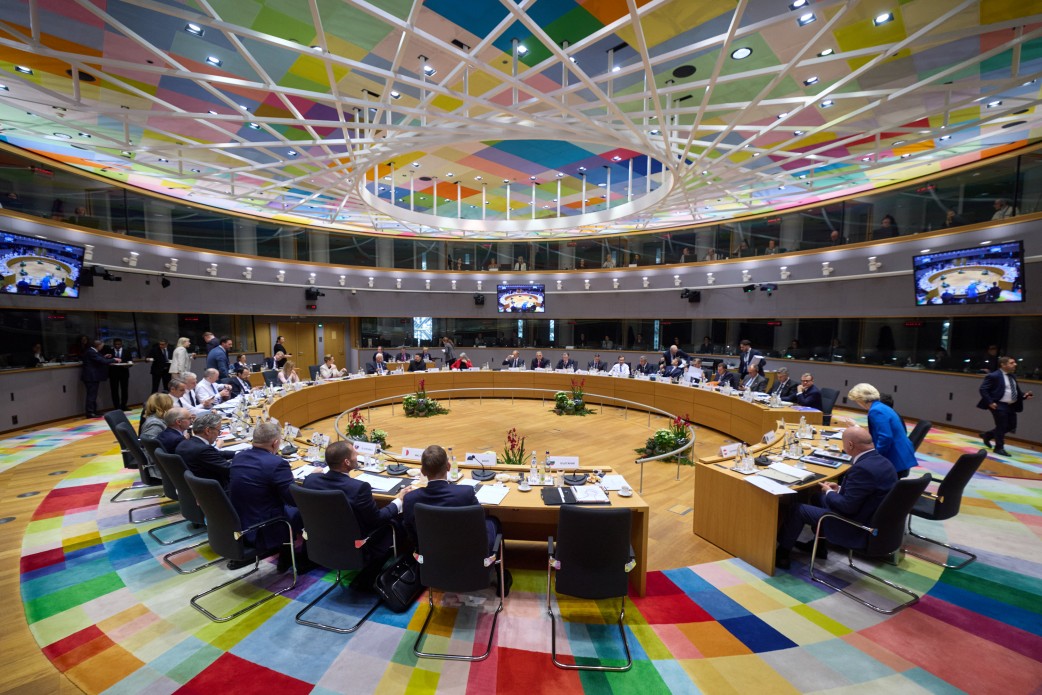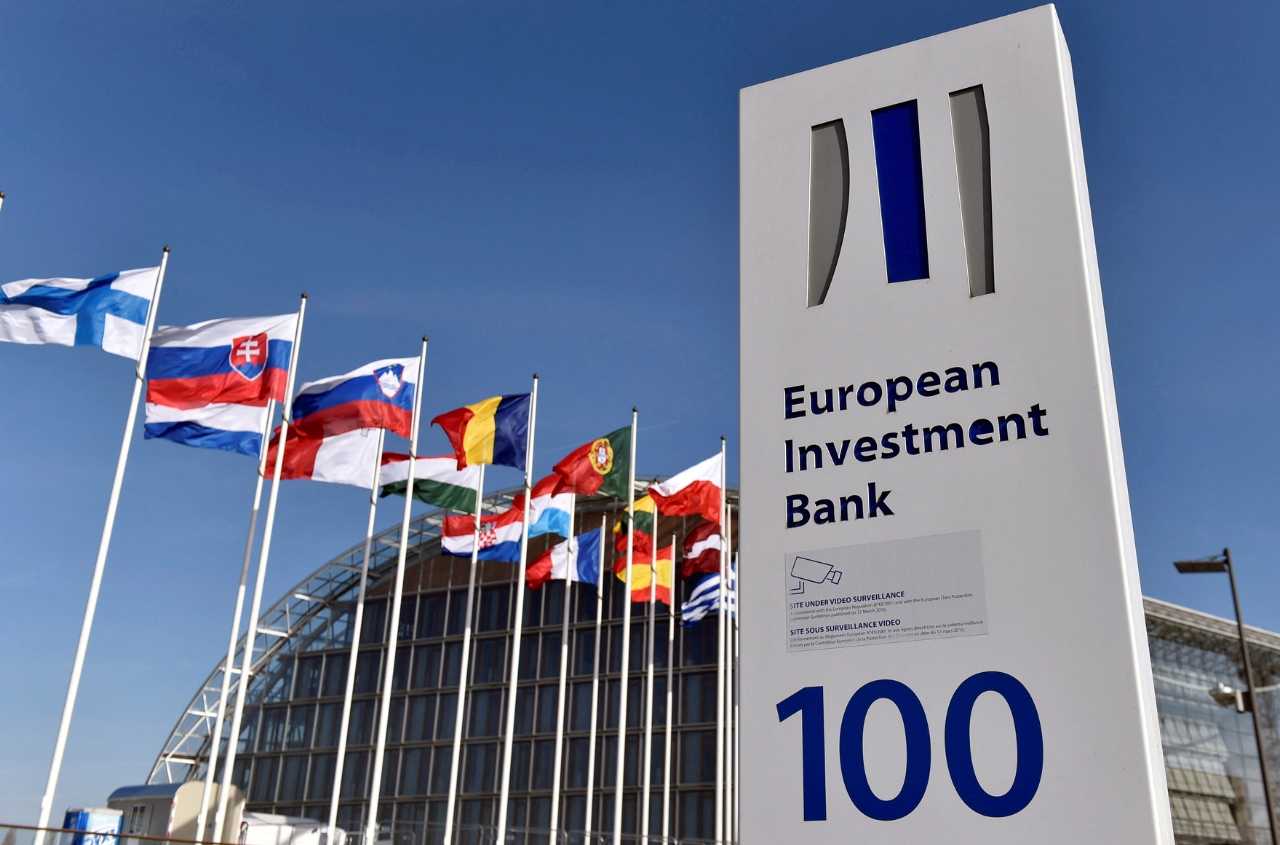From April to October 2023, the GTS Operator transported over 3 billion cubic meters of natural gas to Ukraine from the EU and Moldova. This is seven times more than the volumes of gas transported during the same period last year, which was just over 414 million cubic meters.
Out of the transported gas volume, 2.4 billion cubic meters are stored in domestic UGS facilities, and they belong to foreign companies.
"The capacity orders by European traders are the result of the work done in certifying the UGS facilities according to European standards. This activity demonstrates the full integration of Ukraine's gas infrastructure into the European system. It's a significant step towards creating an energy hub in Ukraine and freeing Europe from dependence on Russian gas," said Ukrainian Minister of Energy Herman Halushchenko.
According to the GTS Operator of Ukraine, the main direction for natural gas transportation was from Slovakia, accounting for 45% of the gas volume. Natural gas was also supplied from Hungary, Poland, and the Trans-Balkan route (from Romania through Moldova).
The Trans-Balkan route was used for the first time this year, primarily for transporting gas on orders from foreign traders for storage in Ukraine.
"It is crucial for us as the Ukrainian GTS Operator to reaffirm that, despite all the risks, we are a reliable partner for Europe. We have had many meetings with our European colleagues and customers to alleviate their concerns. The volume of 3 billion cubic meters of gas that has flowed into Ukraine since April is a response by foreign companies to our efforts and a sign of trust in Ukraine and its gas infrastructure," emphasized Dmytro Lippa, the CEO of the GTS Operator of Ukraine.
As a reminder, earlier, at the initiative of the Ministry of Energy, the GTS Operator of Ukraine and JSC "Uktransgaz" conducted stress tests on the operation of the gas infrastructure in conditions of wartime challenges. The modeling was carried out by a working group with the support of the USAID Energy Security Project, the Secretariat of the Energy Community, the Joint Research Centre of the European Commission, and the Simone Research Group. According to the expert group's assessment, the modeled stress scenarios confirmed the high reliability of the Ukrainian gas infrastructure for the storage and transportation of gas for foreign service customers, even in wartime conditions.





















